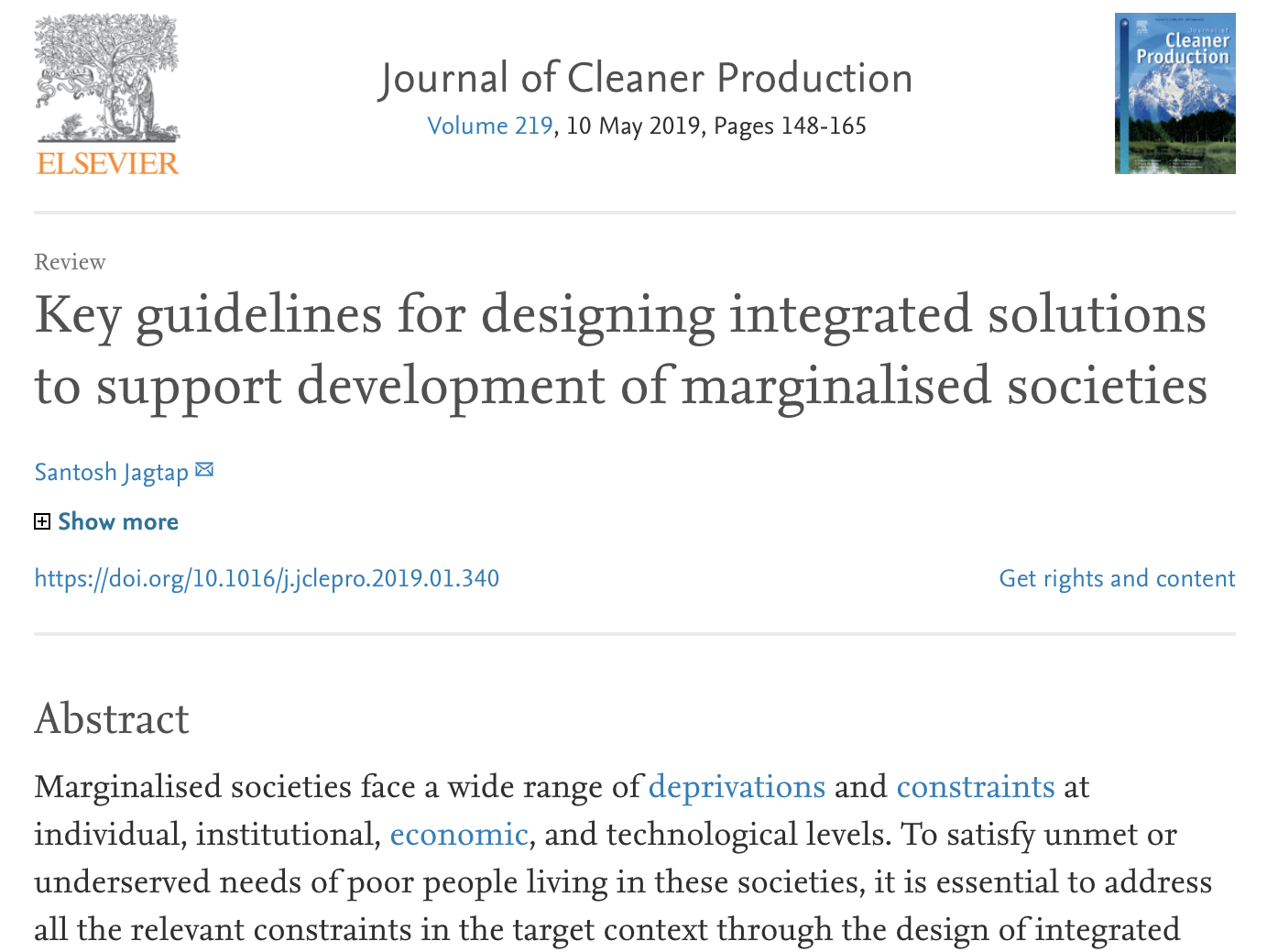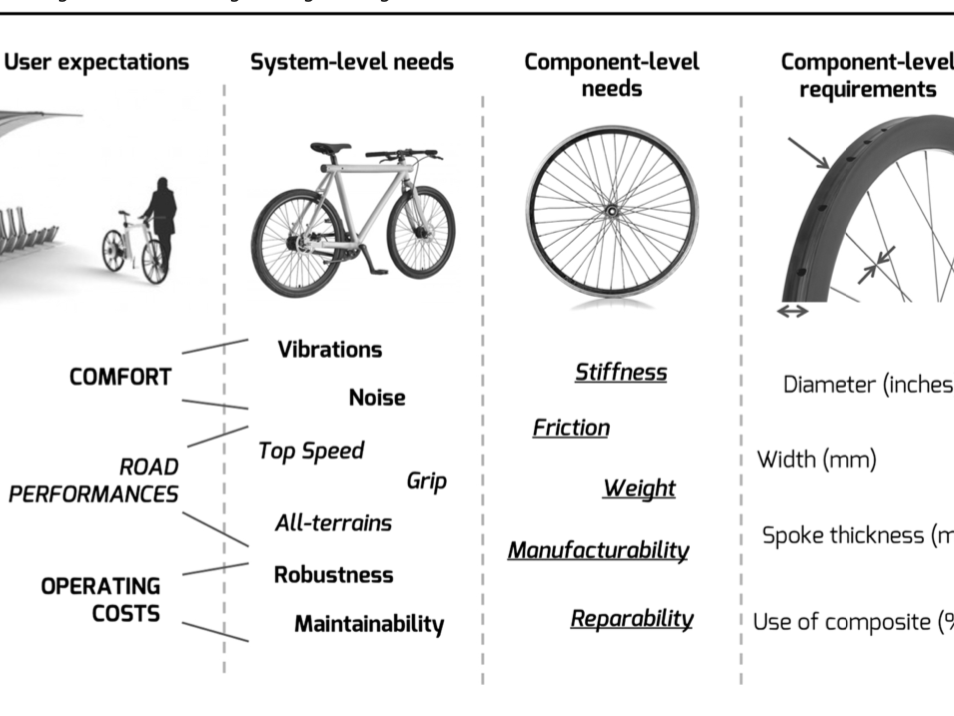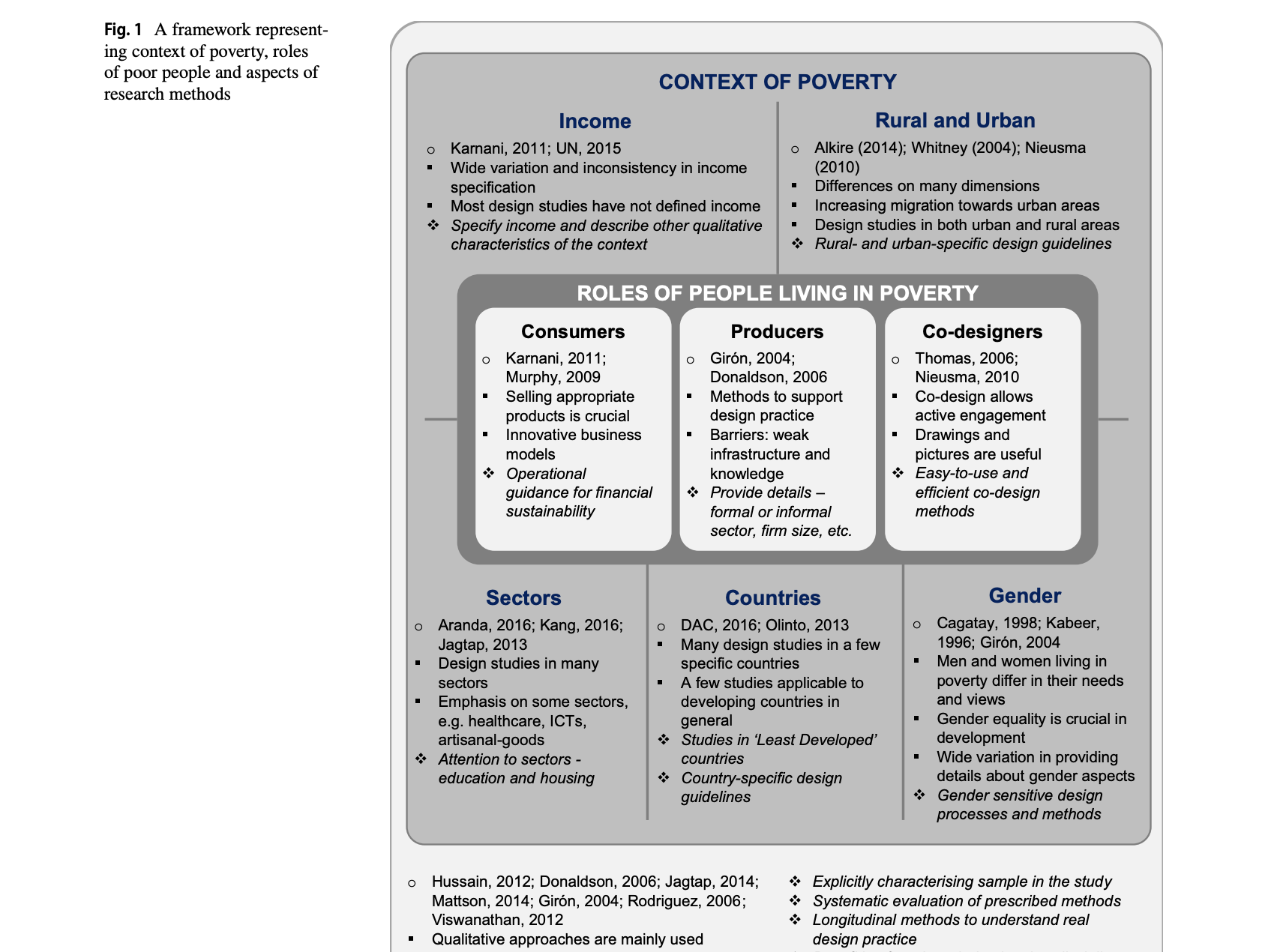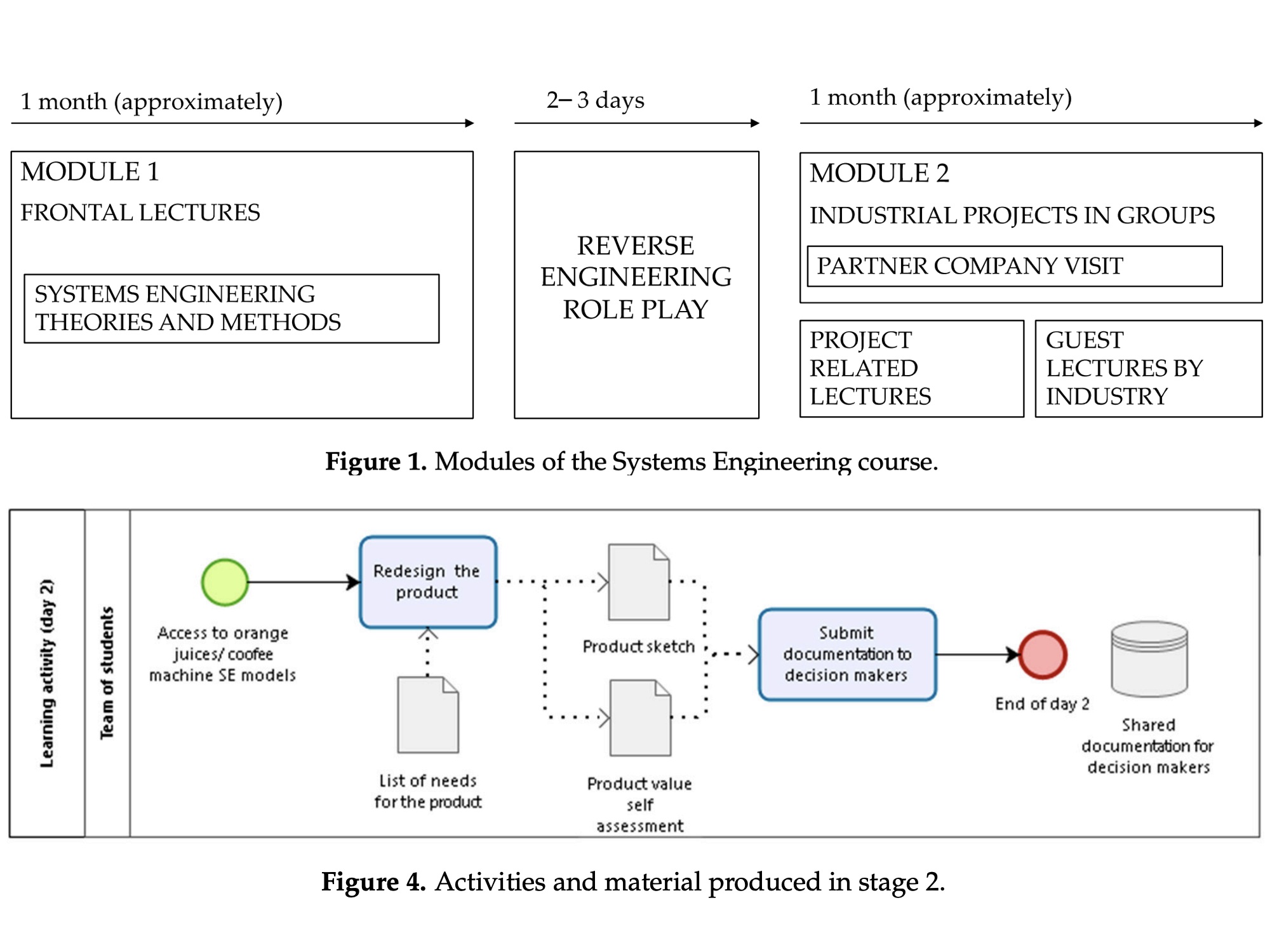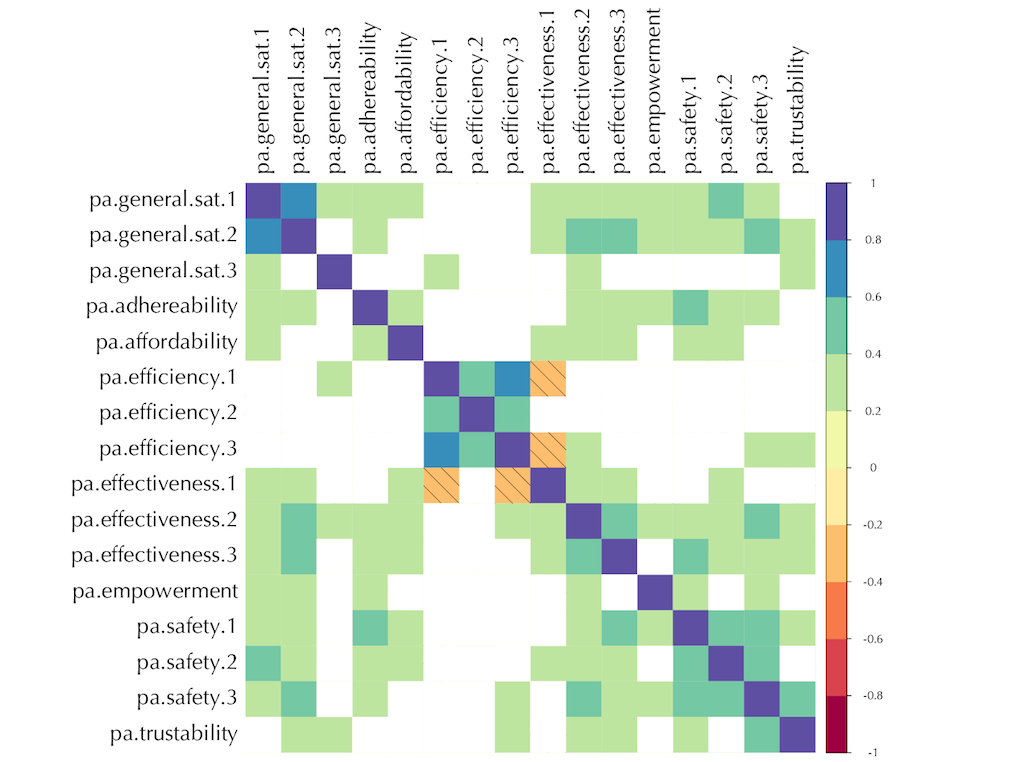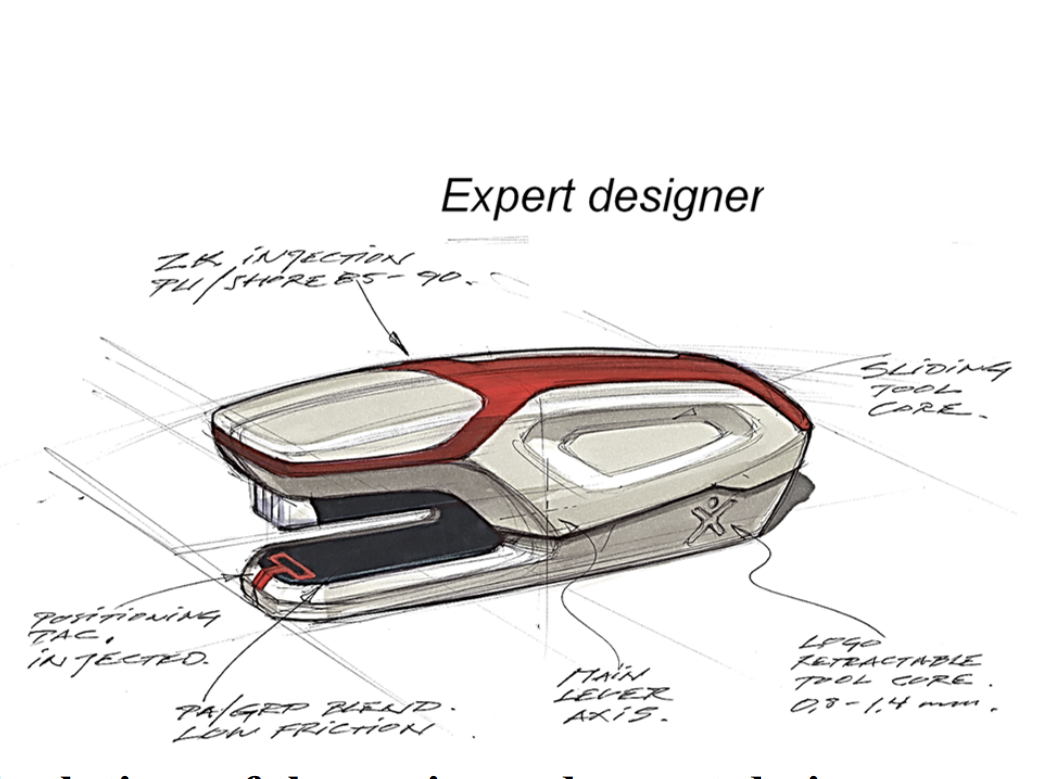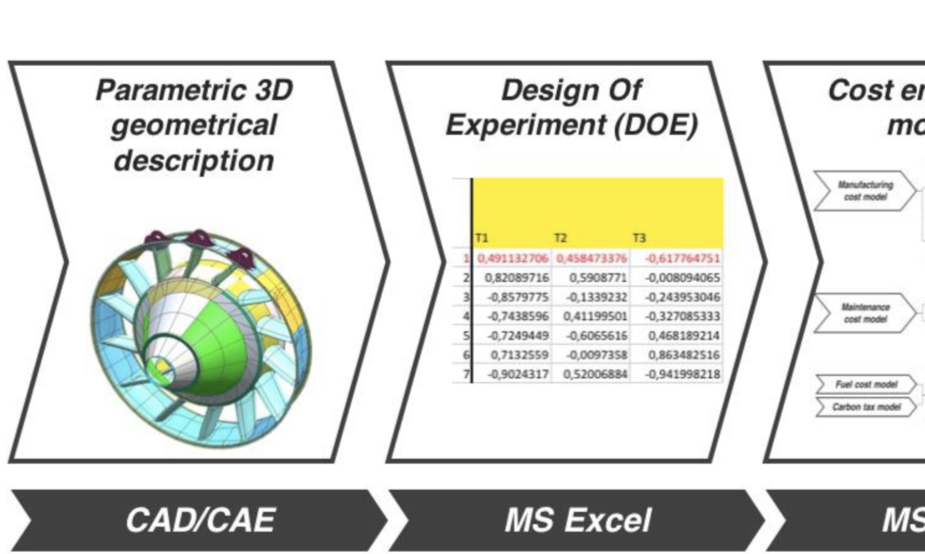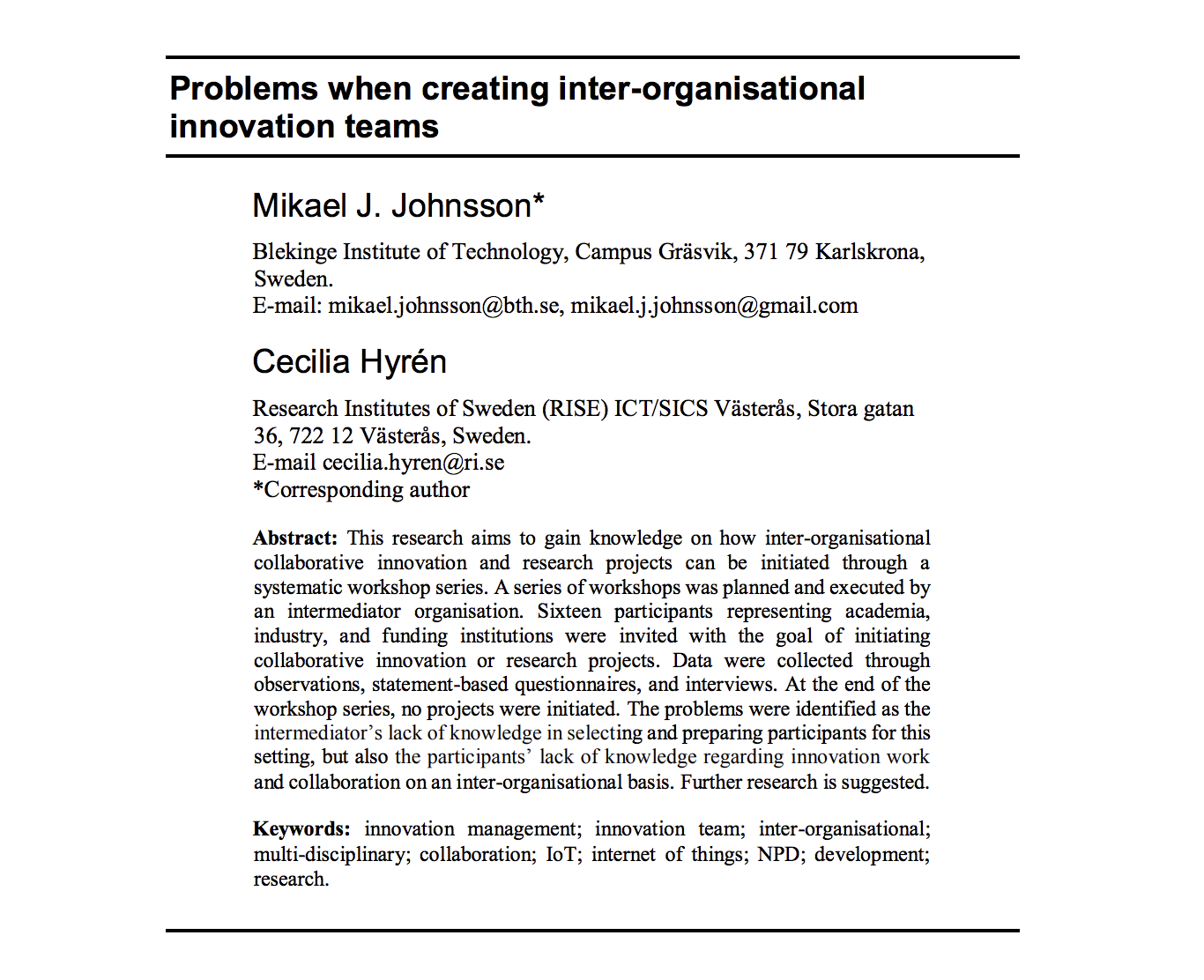ABSTRACT Marginalised societies face a wide range of deprivations and constraints at individual, institutional, economic, and technological levels. To satisfy unmet or underserved needs of poor people living in these societies, it is essential to address all the relevant constraints in the target context through the design of integrated solutions. Many studies have explored the […]
Read More